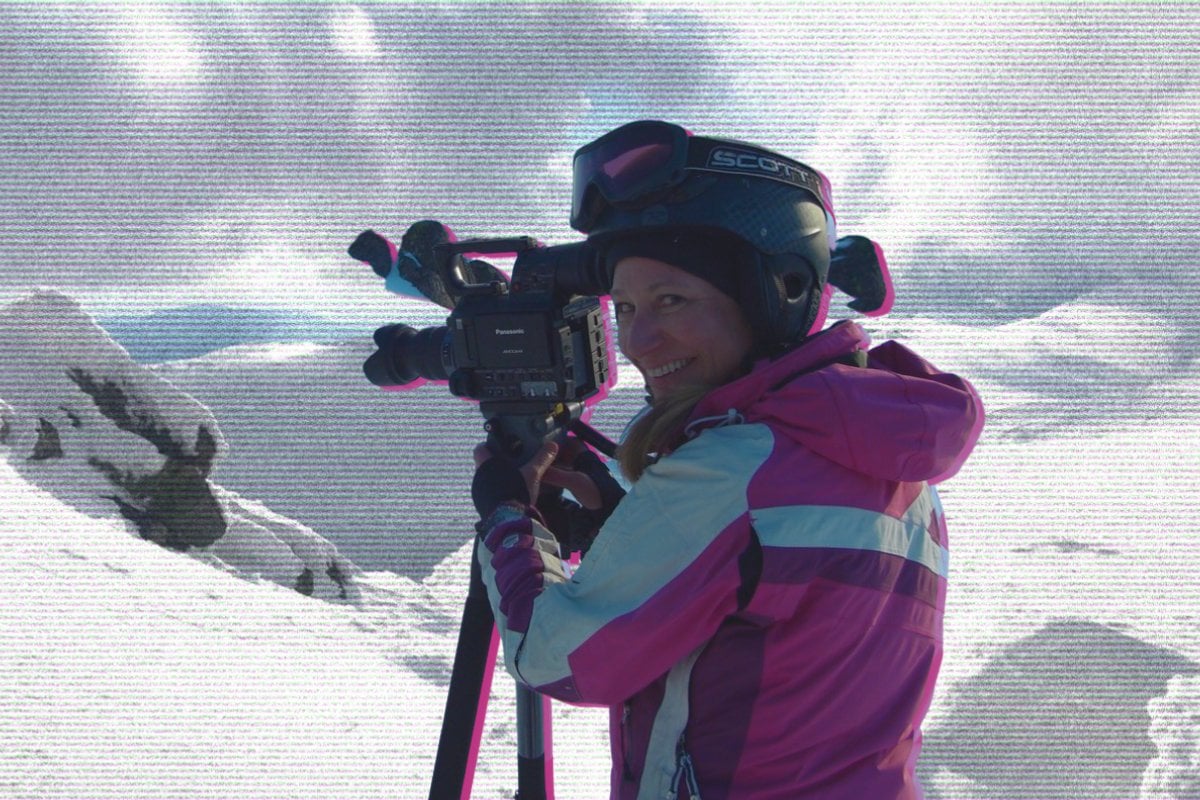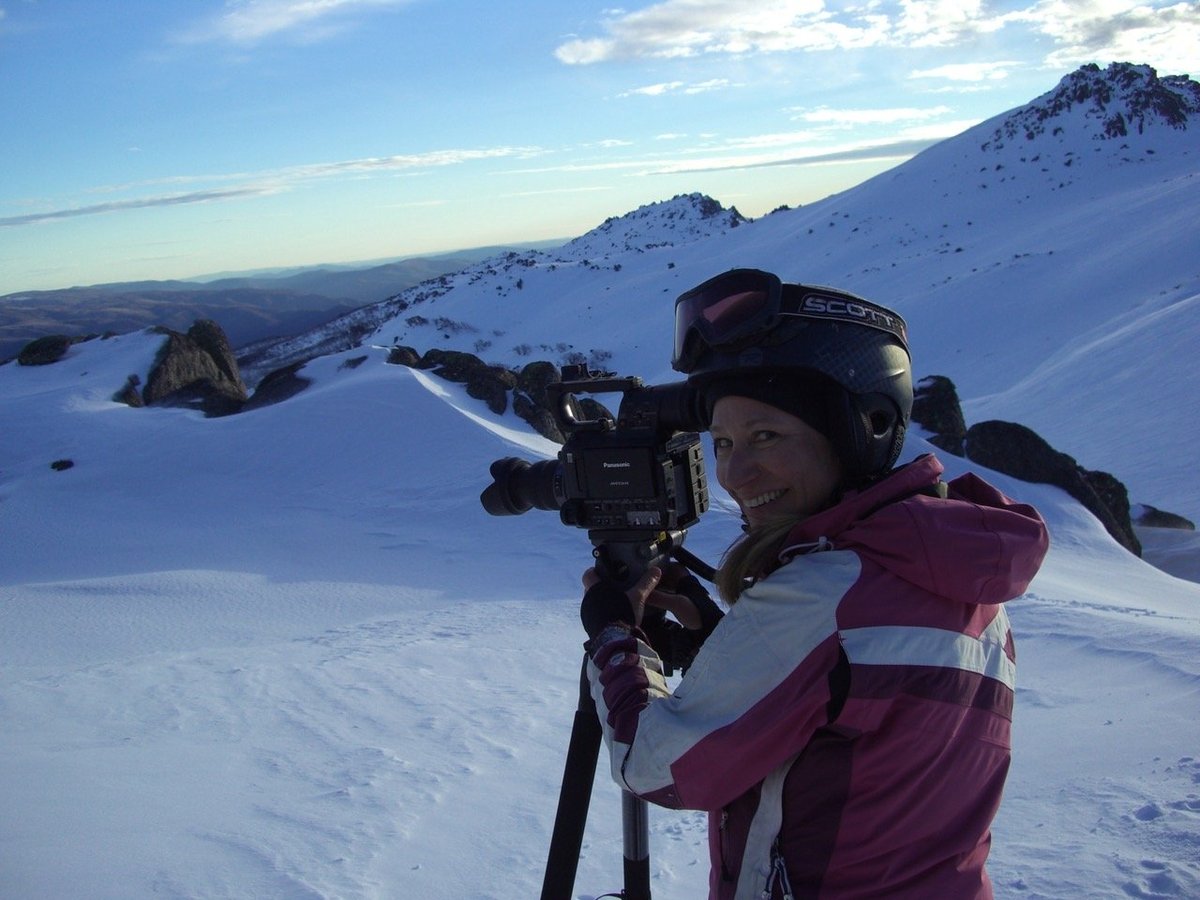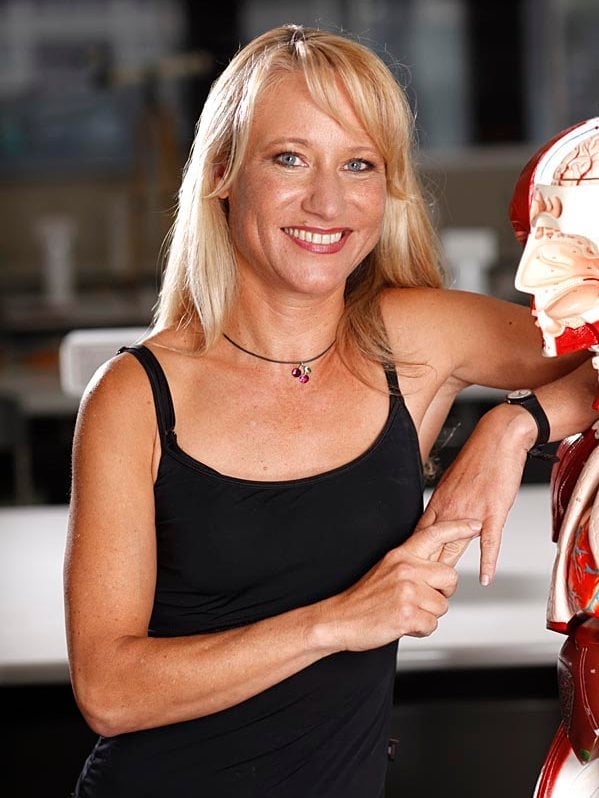
What would you do to save the one you love?
I have faced that life-wrenching question not once but twice in the last four years.
The first time was when my partner, the ABC's famed Science Show host Robyn Williams, dropped dead in front of me.
Robyn had just had a cancer diagnosis, but was otherwise well and on his second round of chemo when I heard a weird thump and went to investigate.
Watch: Talk to your family about their health history. Post continues below.
There on the floor was my partner of 20 years and he was white, white, white. Not breathing, just fish gasps… no no no no!
I flew across the floor, my mind screaming, “This is it, this is the day he dies, on this beautiful sunny day. It’s happening, right now.”
Couldn’t find a pulse, shaking too hard… three minutes went by and I didn’t know how to do CPR but I knew at four minutes it was brain damage.
What would you do to save the one you love? Answer: whatever you can.


